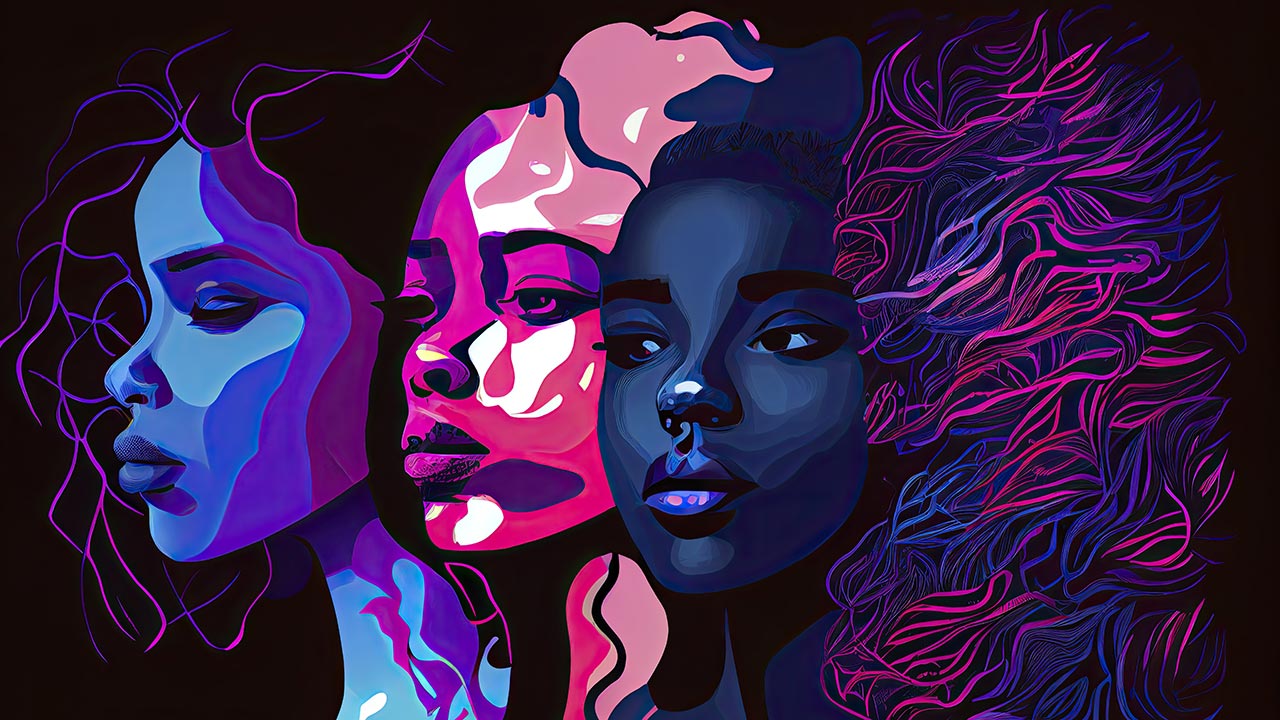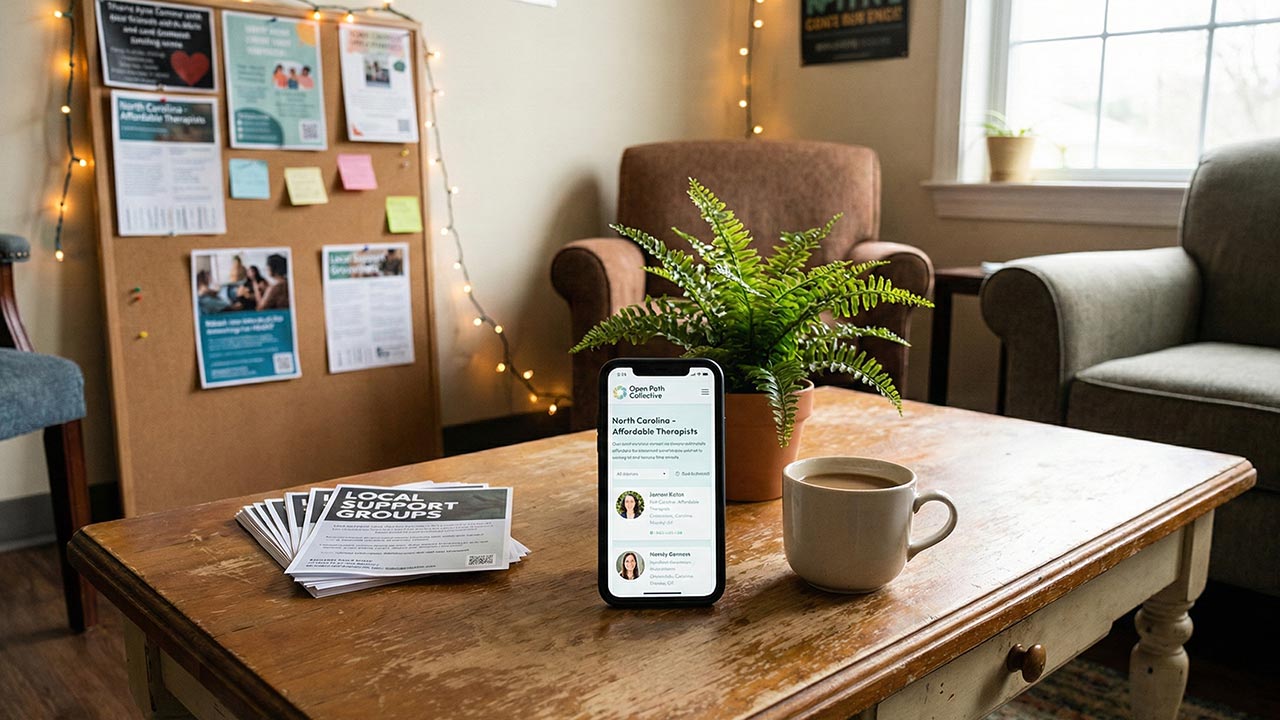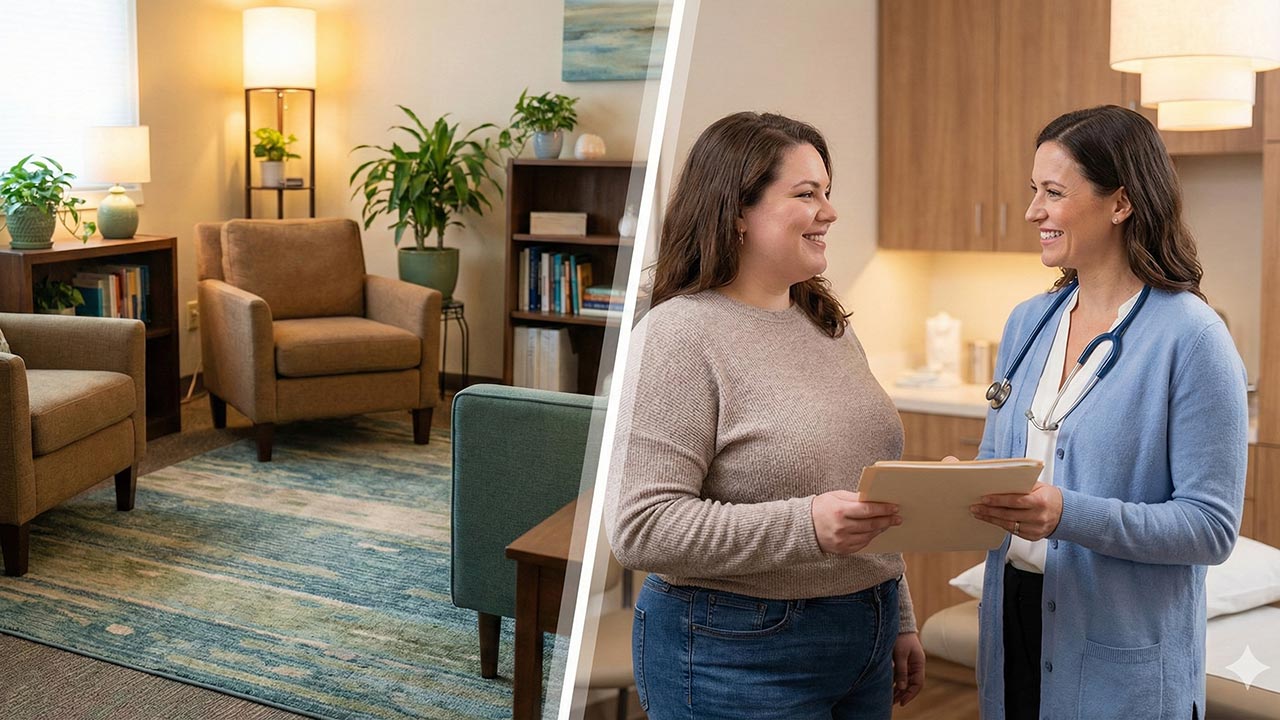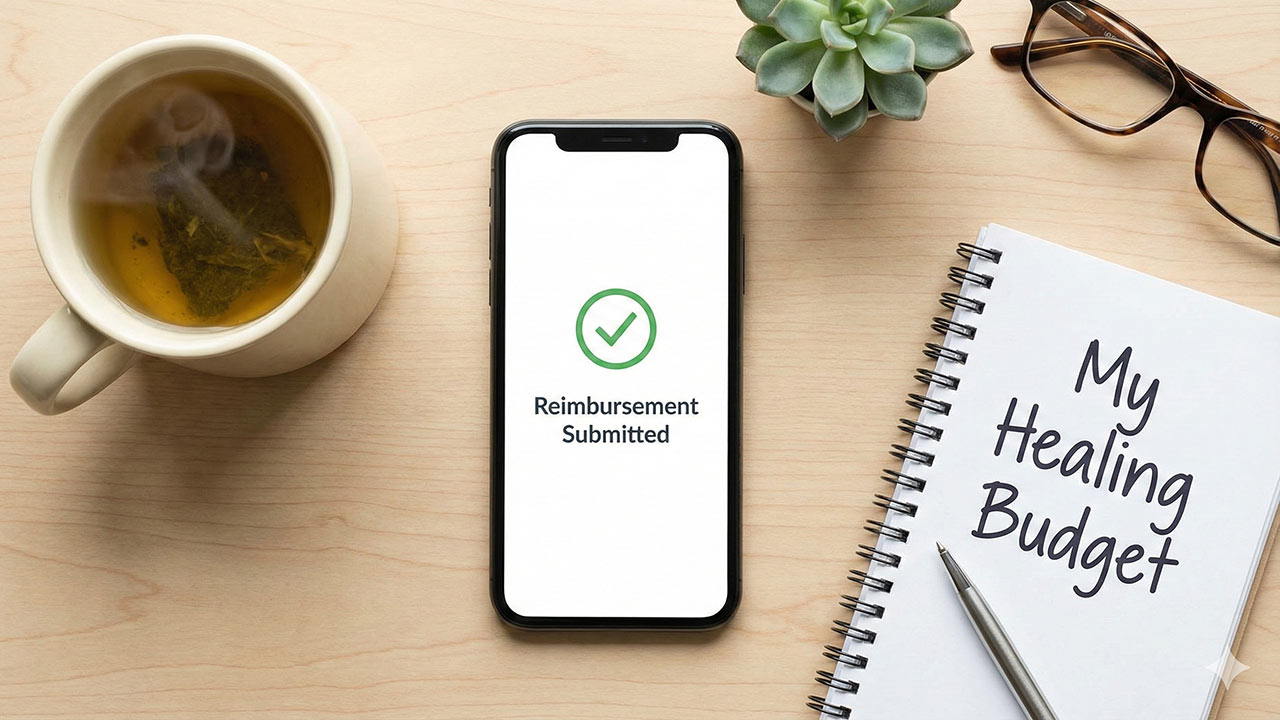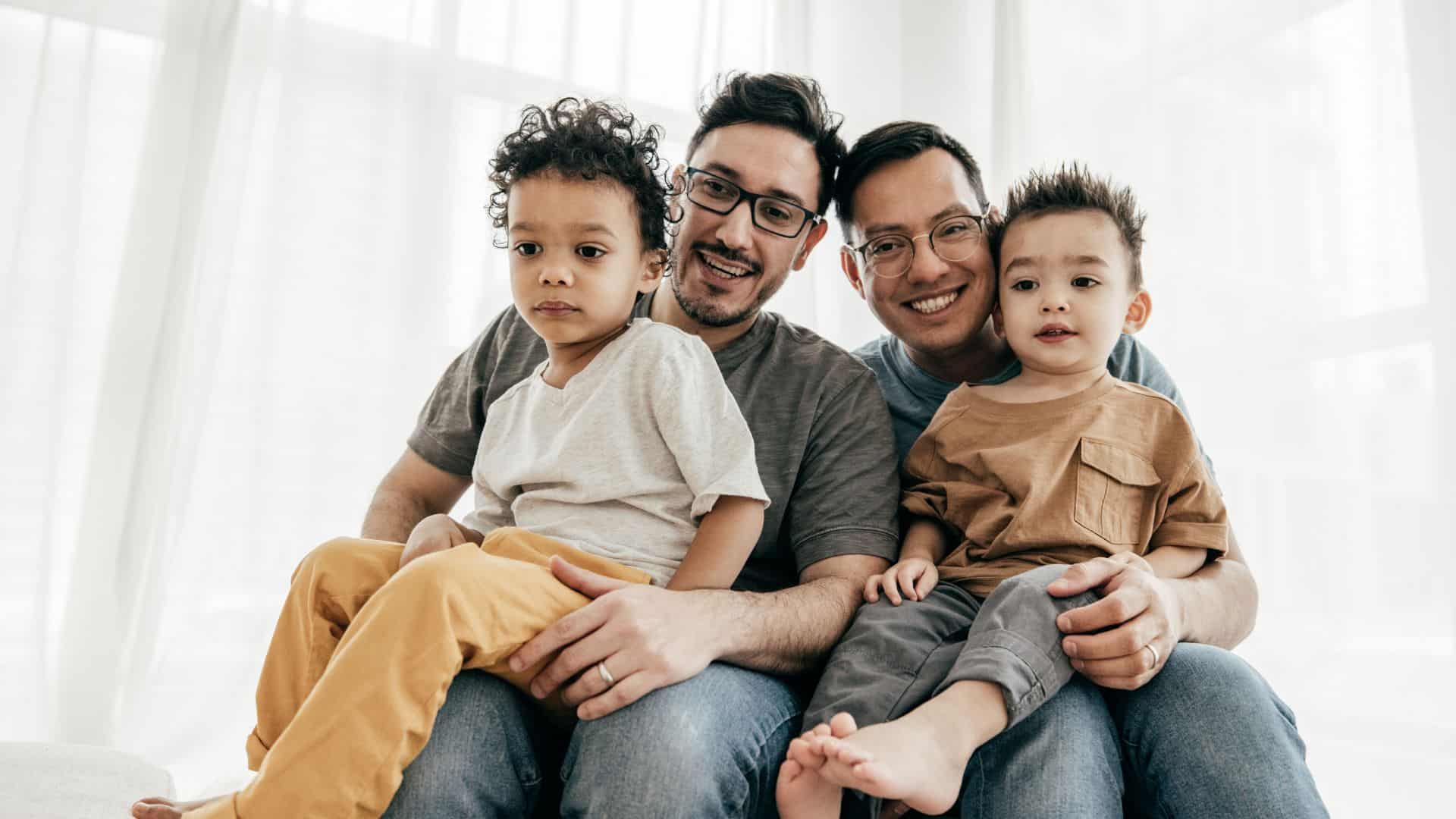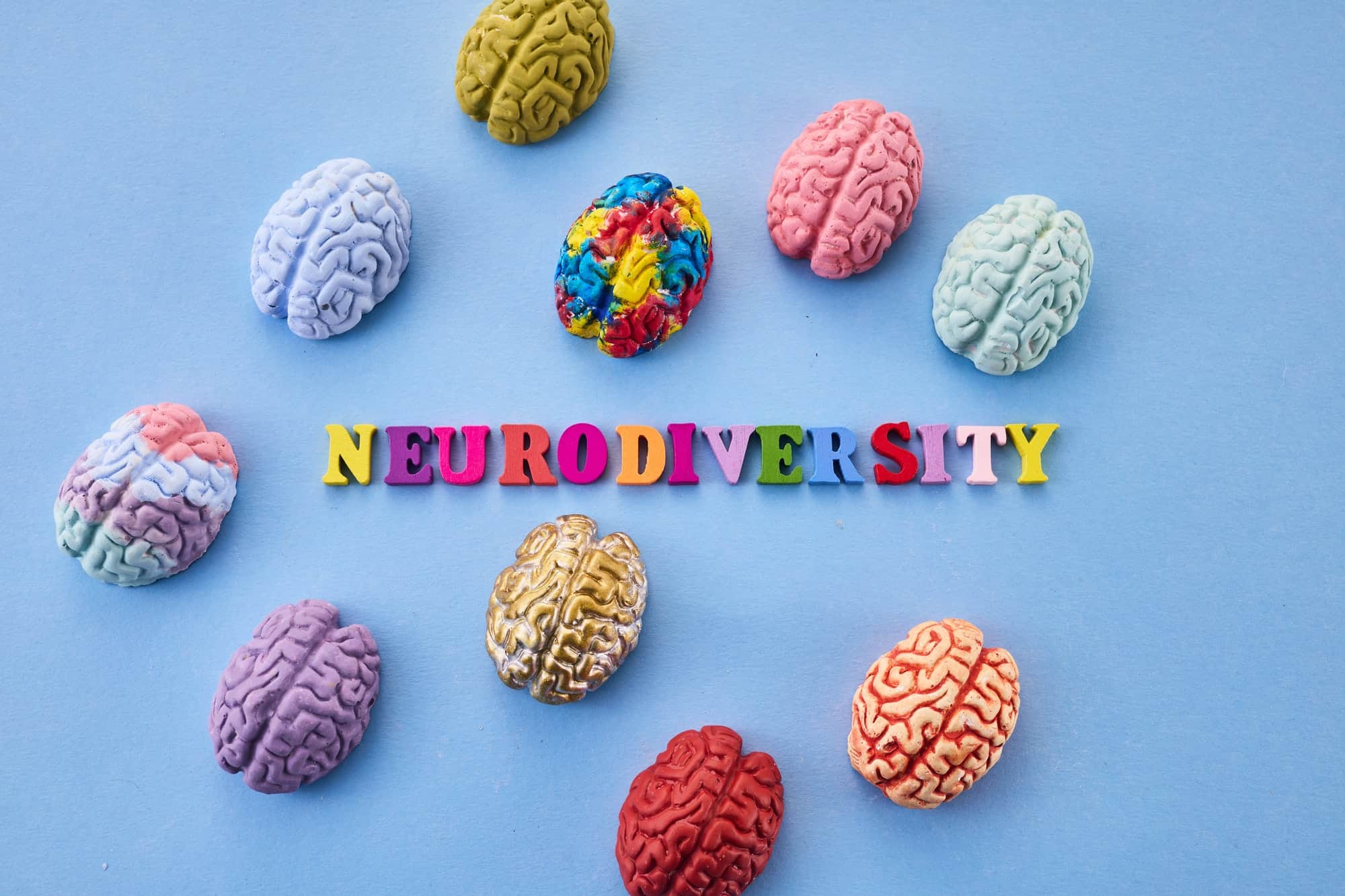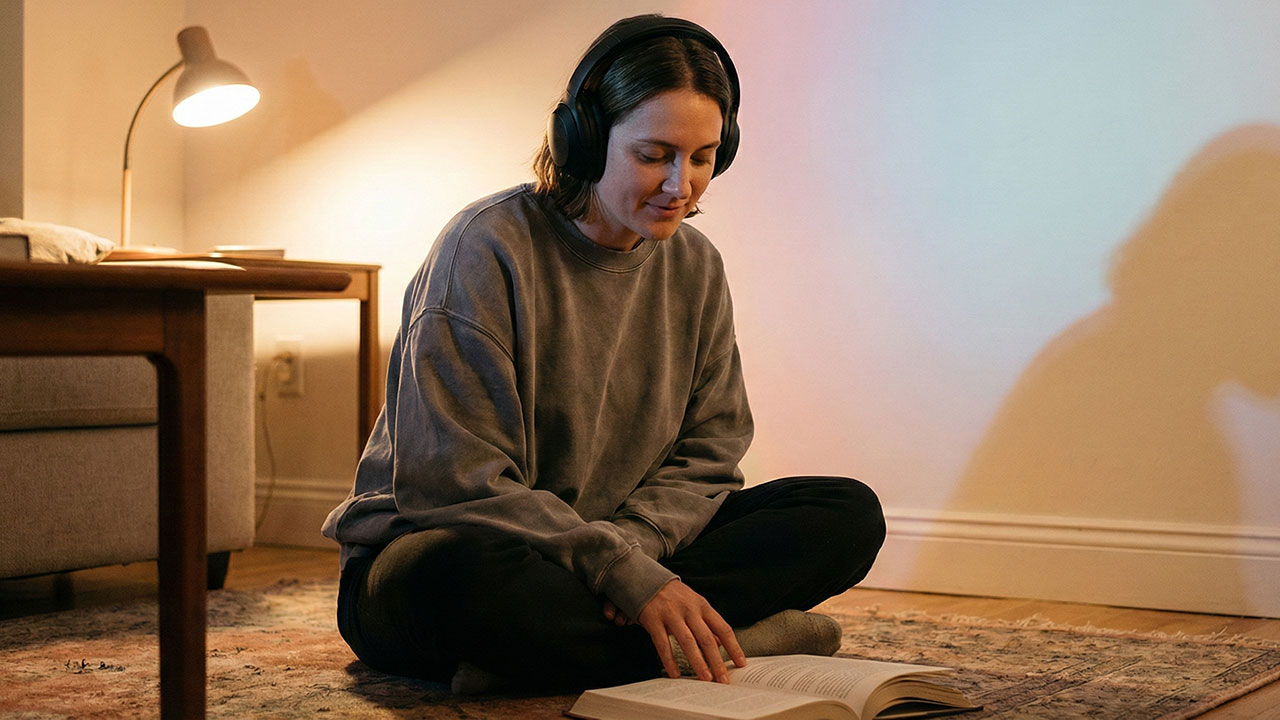The quiet exhaustion that comes from constantly translating your own life is a burden many Black, Indigenous, and People of Color (BIPOC) carry, often without even naming it. This weight can feel especially heavy in spaces designed for vulnerability and healing, like a therapist’s office. The search for mental wellness becomes layered with the unspoken need to justify your experiences, to explain the cultural context of your joy and your pain, and to validate the very real impact of systemic inequality on your psyche. It’s a profound fatigue.
But what if you could enter a therapeutic space and simply… be? A space where your cultural identity isn’t a footnote but a central chapter of your story? This is the core promise of BIPOC therapy. It’s more than just a search for a therapist of the same race; it is a deliberate move toward a therapeutic relationship grounded in cultural competence and humility. It is about finding a mental health professional who understands that the tendrils of anxiety might be rooted in navigating predominantly white institutions, or that a sense of loss can be connected to the echoes of intergenerational trauma. If you have ever felt like a stranger in a space meant to feel like a sanctuary, this is for you. This is your guide to finding a therapy that doesn’t just see you, but reflects you.
The Unspoken Weight: Why Mainstream Therapy Often Misses the Mark
For generations, the field of psychology has been dominated by Eurocentric theories and perspectives. While often well-intentioned, therapists trained exclusively in these modalities can inadvertently cause harm, perpetuating the very systems of oppression that contribute to the distress of their BIPOC clients. The room that is meant for healing can, instead, become another place where you must brace for impact.
When “Good Intentions” Aren’t Enough: The Pain of Microaggressions in Therapy
“You’re so resilient, I don’t know how you do it.” “I don’t see color; I just see a human being.” “Could your reaction be a bit of an over-exaggeration?” These phrases, often delivered with a smile, are not compliments or signs of enlightenment. They are microaggressions—subtle, painful barbs that invalidate a person’s reality. They can sever the fragile trust of a therapeutic alliance in an instant. A client is suddenly forced to shift from a place of vulnerability to a place of self-defense or, worse, of educating their own therapist. A practitioner specializing in mental health care for people of color is trained to understand the immense weight of this language and to create a space free from such invalidations.
The Myth of a Colorblind Approach: Erasing Identity in the Name of Universality
The ideology of being “colorblind” is one of the most persistent and damaging myths in modern discourse, and it is particularly harmful within a therapeutic context. To claim not to see color is to willfully ignore a fundamental aspect of a person’s identity, their history, and the societal realities they navigate every single day. It communicates to the client: “A core part of your experience is invisible to me.” Culturally affirming therapy directly counters this by embracing a color-conscious and identity-affirming stance. It recognizes that our racial and ethnic identities are not problems to be overcome, but are often profound sources of strength, community, and resilience.
Systemic Realities, Individualized Pain: Acknowledging the Impact of Oppression
Mental health challenges like depression, anxiety, and PTSD do not materialize from thin air. For BIPOC individuals, these struggles are inextricably linked to the chronic stress of systemic racism, institutional barriers, and social discrimination. A therapist who lacks a deep understanding of these social determinants of health may misinterpret symptoms of righteous anger as a personality flaw, or signs of exhaustion from code-switching as social anxiety. Culturally sensitive counseling provides a framework for understanding that an individual’s pain is often a rational response to an irrational and unjust system.
The Transformative Power of Being Seen: What is BIPOC Therapy?
At its heart, BIPOC therapy represents a decolonized approach to mental health. It actively challenges the one-size-fits-all model that has historically centered whiteness as the default. It is a collaborative and empowering process where the therapist acts as a partner, co-creating a healing journey that is authentic, respectful, and deeply aligned with the client’s unique cultural worldview.
More Than a Label: Defining Culturally Competent Care
Cultural competence is not a destination a therapist arrives at, but an ongoing journey of learning, listening, and maintaining a posture of profound humility. It is a commitment to understanding the diverse values, family structures, communication styles, and spiritual beliefs of the communities one serves. For example, a therapist providing mental health services for Black clients would ideally have an understanding of the historical context of slavery and its lingering impact, while a professional working with Indigenous clients should be aware of the devastating and ongoing legacy of colonization and forced assimilation.
The Role of a Culturally Affirming Therapist: A Partner in Your Journey
A culturally affirming therapist does more than just listen; they strive to understand. They create a sanctuary where you can bring your whole self into the room—your anger, your joy, your uncertainty, and your pride—without fear of judgment. This professional is willing to have uncomfortable but necessary conversations about race and power, and they are committed to examining their own biases and privilege. This fosters a rare and powerful level of trust, which is the fertile ground upon which true healing can grow. A therapist for people of color aims to empower their clients to reclaim their own narratives and build a life defined not by surviving, but by thriving.
Beyond Talk Therapy: Integrating Cultural Practices and Healing Traditions
For millennia, BIPOC communities across the globe have cultivated their own powerful and sophisticated traditions of healing. A decolonizing approach to mental health recognizes and respects this wisdom. It seeks to integrate these practices into the therapeutic process when it feels authentic and appropriate for the client. This might include exploring mindfulness practices from Eastern philosophies, utilizing the power of storytelling and elder wisdom within Indigenous traditions, or acknowledging the central role of spirituality and community in the Black church. This holistic approach honors the resilience and healing knowledge that is already an ancestral gift within these communities.
Navigating the Path to Healing: How to Find the Right BIPOC Therapist for You
Taking the step to seek therapy is an act of profound courage. The task of finding the right therapist can feel overwhelming, but a growing number of resources are dedicated to simplifying this process and connecting you with a professional who can truly meet your needs.
Starting the Search: Resources and Directories for BIPOC Mental Health Support
You are not alone in this search. Several online directories have been created specifically to connect BIPOC individuals with culturally affirming mental health professionals. These platforms are invaluable starting points:
- Therapy for Black Girls: An essential resource focused on the mental wellness of Black women and girls.
- Inclusive Therapists: A comprehensive directory that centers the needs of marginalized communities, actively working to decolonize mental healthcare.
- The National Queer and Trans Therapists of Color Network (NQTTCN): A healing justice organization providing a directory of practitioners for queer and trans people of color.
- WeRNative: A holistic health resource for Native American youth that includes guidance on finding culturally sensitive mental health support.
The Initial Consultation: Questions to Ask a Potential Therapist
Think of the initial consultation as an interview—you are determining if this person is the right fit for you. It is perfectly acceptable and highly recommended to ask direct questions about their expertise and approach to BIPOC mental health. Consider asking:
- “What is your experience and training in working with clients from my racial/ethnic background?”
- “How do you incorporate discussions about race, identity, and systemic oppression into your therapeutic work?”
- “Can you provide an example of how you might approach a topic like intergenerational trauma?”
- “What does the phrase ‘decolonizing therapy’ mean to you and your practice?”
Trusting Your Gut: Recognizing the Signs of a Good Therapeutic Fit
Beyond credentials and answers to your questions, the most crucial factor is your own internal sense of safety and connection. After a consultation, take a moment to check in with yourself. Did you feel seen and respected? Did you feel that the therapist was genuinely curious and open? Did you leave the conversation with a sense of hope? Your intuition is one of your most powerful tools in this process. Trust it.
Embracing Your Story: The Journey of Healing in a Safe Space
Finding a culturally affirming therapist can feel like a homecoming. It marks the beginning of a journey where the weight of constant explanation can be set down, allowing you to simply be. In this supportive space, you can begin to gently unpack the intricate layers of your lived experience, honor your past, and consciously build your future.
Unpacking Intergenerational Trauma: Healing Wounds Across Time
The unprocessed grief and trauma of our ancestors can be passed down through generations, living within our bodies and shaping our responses to the world. This intergenerational trauma is a profound reality for countless BIPOC individuals. A therapist with expertise in this area can help you understand these inherited burdens, make sense of their impact on your life, and develop pathways to break the cycle and heal these deep-seated wounds.
Celebrating Resilience: Finding Strength in Your Cultural Identity
In a world that too often attempts to diminish or erase it, your cultural identity is a superpower. It is a deep well of resilience, wisdom, and strength. Culturally responsive therapy is not just about processing pain; it is also a space for immense joy and celebration. It is an opportunity to connect with the traditions, stories, and art that have nourished your people for centuries and to see your heritage as an undeniable asset.
Building a Future of Thriving: Therapy as a Tool for Empowerment
Ultimately, therapy is a tool for liberation. It is not merely about surviving the impacts of oppression, but about actively creating a life filled with joy, purpose, and authentic self-expression. Engaging in this deeply personal work is a radical act of self-love. By healing yourself, you contribute to the collective healing of your community and light the way for future generations. Your journey toward mental wellness is a testament to your strength and a powerful step toward a more just and compassionate world.

